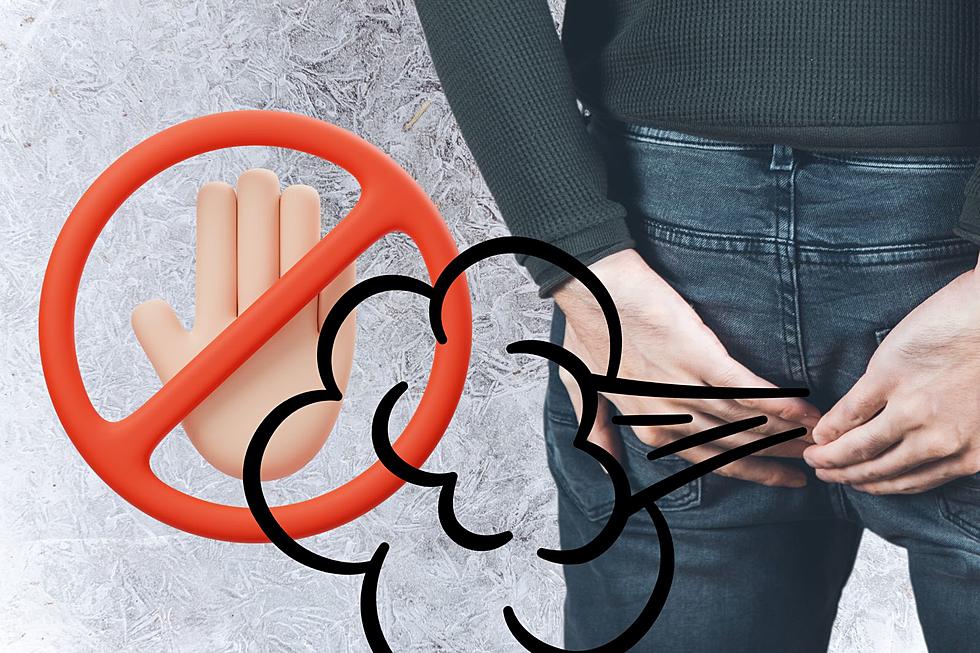
First Pediatric Influenza Death This Season Confirmed in Montana
The Department of Public Health and Human Services (DPHHS) has announced a heartbreaking incident, reporting the untimely death of a resident under the age of 18 in Big Horn County due to influenza.
Influenza Statistics in Montana
As of January 5, 2024, Montana has witnessed 11 influenza-related deaths. This unfortunate event also stands as the first pediatric death recorded in the ongoing 2023-2024 influenza season.
Widespread Influenza Outbreak Across Montana
With influenza activity reaching an alarming level, Montana is currently grappling with widespread outbreaks reported in 49 out of its 56 counties, constituting a staggering 88%.
Figures and Increasing Cases
Between October 1, 2023, and December 30, 2023, Montana has reported 5,759 confirmed cases of influenza and 304 related hospitalizations. These numbers underscore the severity of the situation and emphasize the need for proactive measures.
Explore the Montana Influenza Dashboard for current data.
Rising Respiratory Viruses
Montana is grappling not only with influenza and COVID-19 but also with respiratory syncytial virus (RSV). The collective impact of these viruses is reflected in increasing illness rates across the state. To stay updated on the latest information for each condition, the DPHHS has launched an online dashboard, accessible here.
General Precautions for Montanans
Apart from vaccination, adopting everyday precautions is vital in curbing the spread of respiratory illnesses.
Everyday Precautions Include:
- Stay Home When Sick: If experiencing respiratory illness symptoms, stay home for at least 24 hours after the fever subsides without the use of fever-reducing medication.
- Hand Hygiene: Wash hands frequently with soap and water; if unavailable, use an alcohol-based hand sanitizer with at least 60% alcohol.
- Avoid Touching Face: Refrain from touching eyes, nose, and mouth.
- Cough Etiquette: Cover mouth with inner elbow or disposable tissue when coughing or sneezing.
- Limit Contact: Avoid contact with individuals exhibiting respiratory illness symptoms.
Recognizing Symptoms and Seeking Medical Attention
Given the similarities in symptoms among COVID-19, influenza, RSV, and other respiratory illnesses, it's crucial to consult with a healthcare provider if experiencing fever, cough, sore throat, runny or stuffy nose, headache, body aches, or low energy. Testing may be recommended to confirm a diagnosis, and antiviral medications are available for certain cases.
Anyone experiencing severe symptoms such as trouble breathing, persistent chest pain, confusion, or disorientation should seek immediate medical evaluation to ensure timely and appropriate care.
Stay Strong! 5 Ways To Cure Winter Boredom In Montana
Gallery Credit: jessejames
The Worst Winter Storms in Idaho History
Gallery Credit: Chris Cardenas
10 Nasty Illnesses You'll See This Winter Across New York
Gallery Credit: Canva
More From 94.5 Max Country








